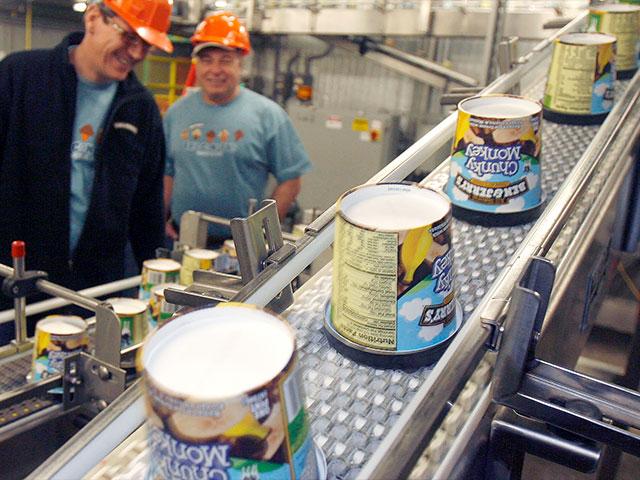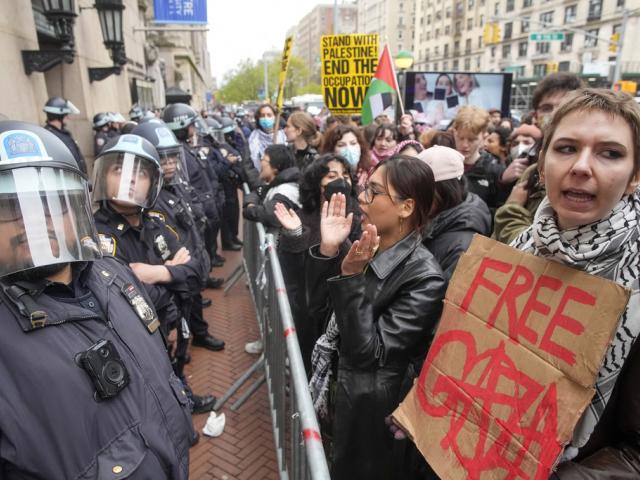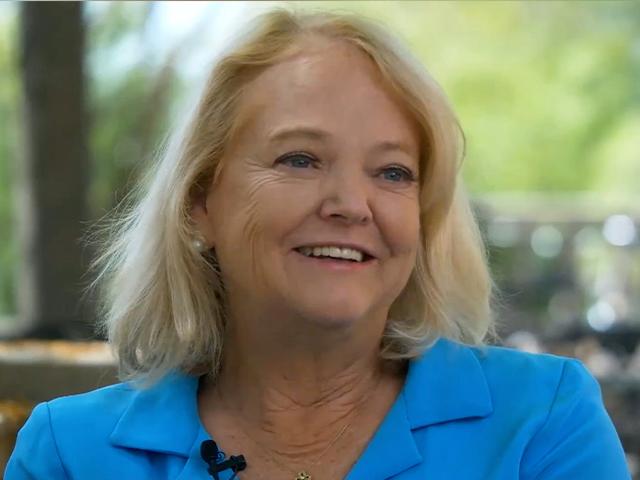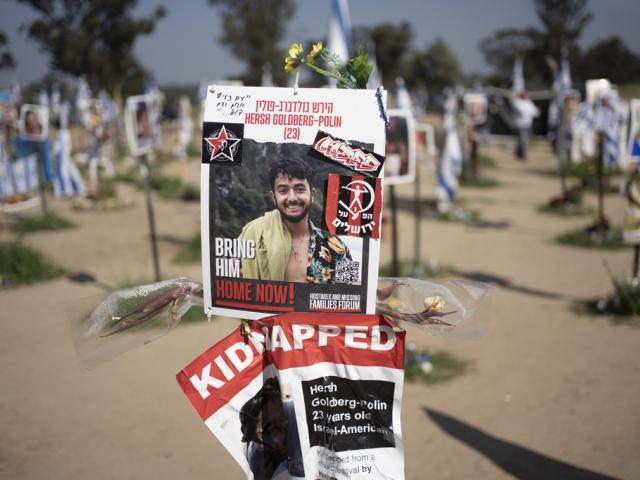JERUSALEM, Israel – Ben & Jerry’s ice cream will stay on store shelves in the West Bank – biblical Judea and Samaria – and eastern Jerusalem, despite the ice cream maker announcing last year that it would stop selling its product there in protest of Israel’s settlement communities.
Unilever, the company that owns Ben & Jerry’s, announced on Wednesday it sold its business interests in Israel to a local company, which will now independently sell the ice cream under its Hebrew and Arabic name throughout Israel and the West Bank.
Israel applauded the move as a victory over the anti-Israel BDS movement, which advocates for boycotts, divestment and sanctions against the Jewish State. The BDS movement says it seeks to “end international support for Israel's oppression of Palestinians.” Israel sees the movement as an attack on its right to exist.
When Unilever acquired Ben & Jerry’s in 2000, the two companies agreed that the Vermont-based ice cream maker would be free to continue its longstanding support for liberal causes like social justice and climate change initiatives. However, Unilever would have the final say on operations and financial decisions.
Unilever opposed Ben & Jerry’s decision to stop selling ice cream in the West Bank and said on Wednesday that it does not support the BDS Movement.
“Unilever rejects completely and repudiates unequivocally any form of discrimination or intolerance. Antisemitism has no place in any society. We have never expressed any support for the Boycott Divestment Sanctions (BDS) movement and have no intention of changing that position,” Unilever said in a statement.
“Unilever is very proud of our business in Israel which supplies everyday household products to people across the country,” Unilever said, adding that it employs around 2,000 people in Israel.
Ben & Jerry’s opposes Unilever’s decision.
“We do not agree with it,” the ice cream maker said Wednesday on its Twitter account, adding that it would “no longer profit” from sales of its ice cream in Israel.
“We continue to believe it is inconsistent with Ben & Jerry’s values for our ice cream to be sold in the Occupied Palestinian Territory," it added.
Unilever sold its business interests to Israeli businessman Avi Zinger and his company, American Quality Products Ltd. Zinger sued Unilever and Ben & Jerry's in a US federal court for ending their business relationship, saying it violated American and Israeli law.
Zinger's attorneys said the decision by Unilever to sell its business interests was part of a legal settlement.
Zinger told Israel’s Army Radio that Unilever “had to find a way out of the mess it was in” and “found a way to bypass Ben & Jerry’s.”
“We get to go back to what we love doing — making and selling good ice cream.”
Israel hailed the decision and said Unilever was in contact with the country’s Foreign Ministry throughout the controversy.
“Antisemitism will not defeat us, not even when it comes to ice cream," Foreign Minister Yair Lapid said. “We will fight delegitimization and the BDS campaign in every arena, whether in the public square, in the economic sphere or in the moral realm.”
There was no immediate reaction from the BDS movement.
Ben & Jerry’s decision to boycott Israel last year launched a storm of international backlash among Jewish groups and praise among Palestinian organizations.
The move appeared to take aim at Israeli settlement communities, which are a divisive issue in the Israeli-Palestinian conflict.
The contested Israeli settlement communities sit on territories Israel captured from Jordan during the 1967 Six-Day war. Israel captured eastern Jerusalem and considers it part of its unified capital, and the West Bank as disputed territory whose status should be resolved through negotiations. Palestinians seek the West Bank as part of their future independent state with eastern Jerusalem as their capital.
Today, some 700,000 Israelis live in settlement communities in the territories. The international community views these settlements as illegal under international law according to article 49 of the Fourth Geneva Convention, and obstacles to peace because they divide up land that could later be the site of a Palestinian state.
Israel cites the San Remo Resolution signed in 1920 after World War I as its claim under international law to settle the land. Israel also views the territory the settlements are built on as the biblical and historical heartland of the Jewish people.
***Please sign up for CBN Newsletters and download the CBN News app to ensure you keep receiving the latest news from a distinctly Christian perspective.***
Did you know?
God is everywhere—even in the news. That’s why we view every news story through the lens of faith. We are committed to delivering quality independent Christian journalism you can trust. But it takes a lot of hard work, time, and money to do what we do. Help us continue to be a voice for truth in the media by supporting CBN News for as little as $1.










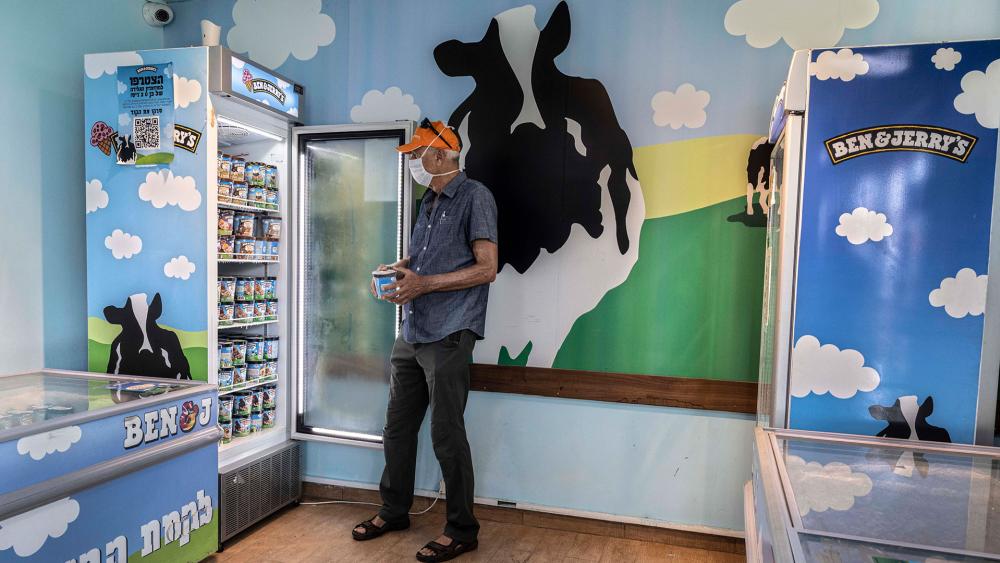


 Support CBN News
Support CBN News



